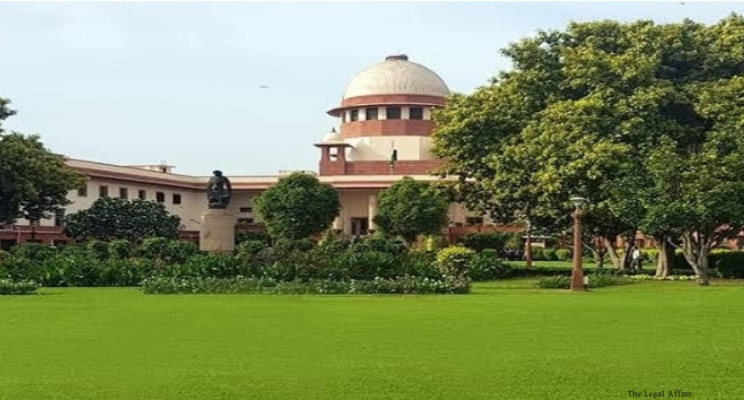Factual Background
In the matter of Nagarathinam vs State According to the Inspector of Police, she had a relationship with a man named Suresh who frequently threatened her. This prompted her to decide to kill herself and her children. She decided to follow this line of action, purchased pesticides intended for plants, and gave her twins Ramar and Laxmanan poison. Then, the appellant’s niece pushed the pesticide down when she put it in a tumbler to drink it herself. Unfortunately, the two kids were pronounced dead when they arrived at the hospital, which resulted in the filing of an FIR under Section 302 of the Indian Penal Code, 1860.
Court Observation
The statement was made by the Supreme Court panel of Justices Ajay Rastogi and Ahsanuddin Amanullah when they granted early release to a mother who had spent 20 years in prison after being found guilty of poisoning her twin boys to death after an altercation with her lover. They claimed that because it is a judicial institution, it is not intended to lecture society but rather to be constrained by the law when making decisions.
The Tamil Nadu government had denied her request for remission on the grounds that she had planned to perform a cruel and heinous deed to continue her illicit connection unhindered. The State Level Committee had recommended her remission, but the government had turned down her application. The Supreme Court ruled that the State government’s request lacked legal support. The Madras High Court’s decision to uphold the woman’s murder conviction while dropping the attempted suicide charges was overturned as a result of the Bench’s decision.
This Court stated that because we are constrained by the ominous presence of the rule of law, we cannot further comment on this matter. It is not the role of an institution to lecture society on morals and ethics. However, it cannot simply be categorised as a “cruel and brutal” offence because the appellant attempted suicide but was saved just in time by her niece. We are aware of the offence, but we are also cognizant of the appellant’s (mother’s) past suffering at the harsh hands of fate. The cause of this is an area this Court would stay out of. As a result, it was ordered that the woman be released right away, barring any special circumstances.

